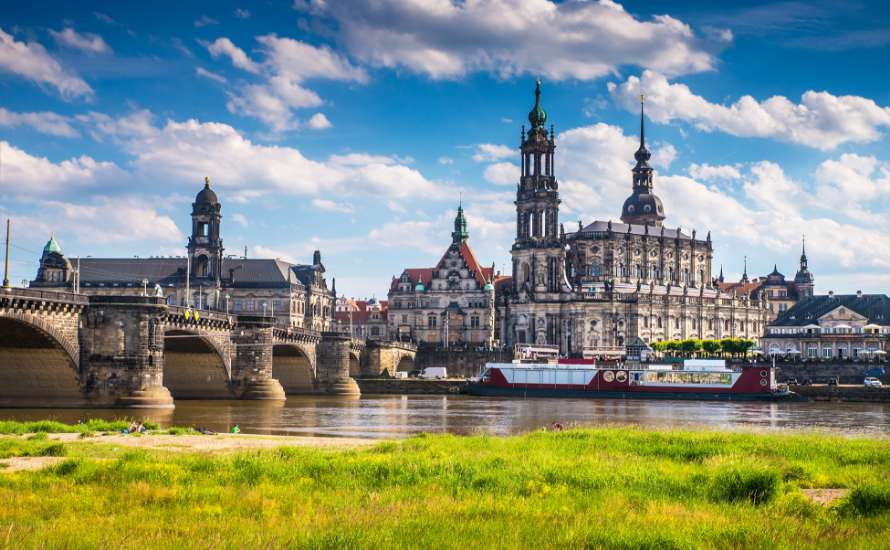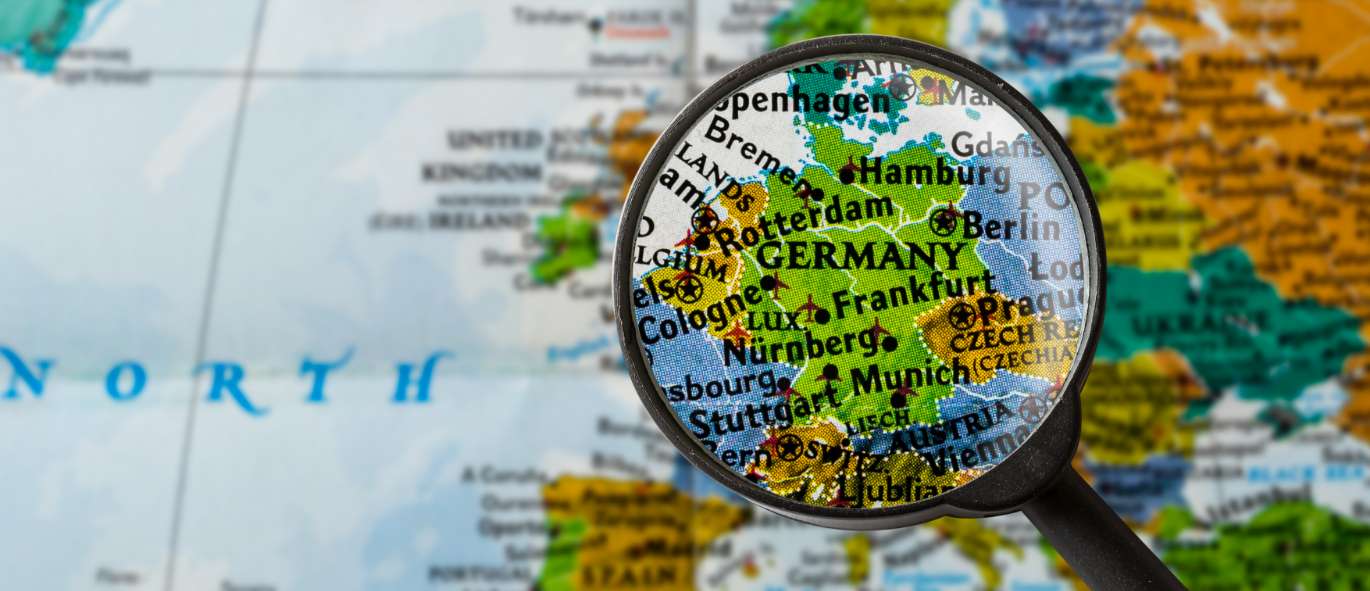Germany has the 3rd largest economy in the world (after the US and China), with an annual GDP of $4.456 trillion USD (World Bank, 2023).
Europe’s largest economy is also the world’s third biggest importer and third biggest exporter.
The service sector accounts for about 70.4 percent of Germany’s GDP (2021), while industry makes up 28.9 percent and agriculture is 0.7 percent.
Economic growth in Germany is driven primarily by exports and industry.
In 2021, the Bloomberg Innovation Index listed Germany as the world’s #4 most innovative economy and as such, there is a strong demand in Germany for skilled foreign workers.
The major exports from Germany include vehicles, electronic products, pharmaceuticals, machinery, chemical goods, electrical equipment, metals, transportation equipment, plastic, rubber and food products.
Key imports to Germany include vehicles, auto parts, crude oil, natural gas, pharmaceuticals and broadcasting equipment.
Germany’s main trading partners are the United States, China, France, The Netherlands, United Kingdom, Poland, Italy, Austria, Switzerland and Belgium.
Germany has made a commitment to transition to renewable energy (such as wind and solar power), which currently produces around 46 percent of the electrical power used in Germany.
The unemployment rate in Germany is a low 5.5 percent (January 2023) and there are approximately 800,000 jobs in Germany being advertised by employers.
Business sectors with the most jobs in Germany advertised include:
- Information Technology (IT)
- Science
- Healthcare
- Engineering
- Mathematics
- Construction
- Automotive
- Aerospace
- Shipbuilding
The average salary in Germany is €49,260 ($53,532 USD) per year, according to the German government (DeStatis, 2022).
According to the German government (DeStatis, 2022), the average yearly salaries for jobs in Germany by various business sectors are:
- Accommodation and Food Service Activities = €30,468 ($33,110 USD)
- Administrative and Support Service Activities = €37,272 ($40,504 USD)
- Agricultural, Forestry and Fishing = €31,308 ($34,023 USD)
- Arts, Entertainment and Recreation = €43,500 ($47,272 USD)
- Business Economy = €49,176 ($53,440 USD)
- Business Services = €48,948 ($52,703 USD)
- Construction = €41,664 ($45,277 USD)
- Education = €55,608 ($60,430 USD)
- Electricity, Gas, Steam and Air Conditioning Supply = €62,160 ($67,550 USD)
- Financial and Insurance Activities = €67,632 ($73,497 USD)
- Human Health and Social Work Activities = €48,816 ($53,049 USD)
- Information and Communication = €66,108 ($71,841 USD)
- Manufacturing = €51,324 ($55,775 USD)
- Mining and Quarrying = €52,212 ($56,740 USD)
- Professional, Scientific and Technical Activities = €61,692 ($67,042 USD)
- Public Administration, Social and Personal Service Activities = €50,172 ($54,523 USD)
- Real Estate Activities = €48,024 ($52,188 USD)
- Transportation and Storage = €39,588 ($43,021 USD)
- Water Supply = €45,360 ($49,293 USD)
- Wholesale and Retail Trade; Repair of Motor Vehicles = €46,140 ($50,141 USD)
Please note that these are the average annual salaries for key business sectors in Germany and some workers earn more or less than the average salary, depending on their specific occupation, education, level of employment (entry level, mid-level, senior-level), years of experience, location of employment, or other factors.
NOTE: The EUR/USD exchange rate was as of February 3, 2023.





